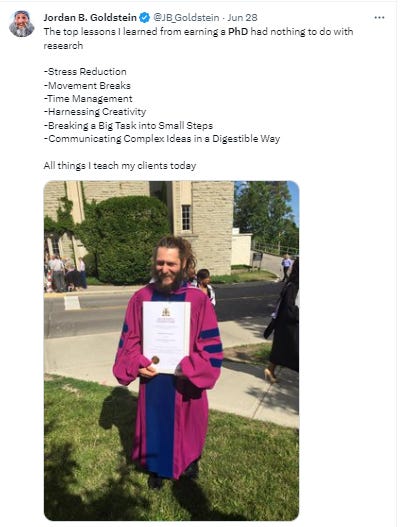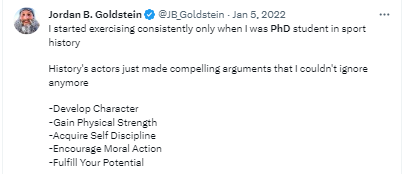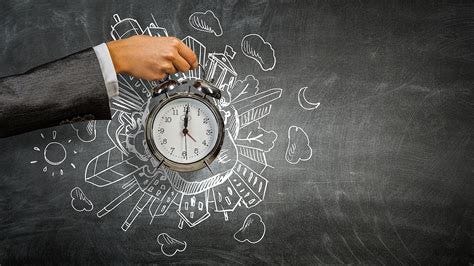How anyone can transfer lessons from mind to body: 4 Athletic Lesson from Training to become an Academic Sport Historian
A professor of sport history?
When people asked me what I studied to earn my PhD I always got the same response when I answered them.
“You studied sport history? That’s so cool!” Why yes and thank you. To earn a PhD you go through a period of training and require discipline and determination to see it through to the end.
It’s a lot like physical training for a competition and I noticed a lot of similarities the more I learned about sport history as a student and eventually as a professor.
The ideal of ‘training’ at university
While studying historical characters who preached the positive value of sport I was rediscovering my own physical training.
As I continued to become more serious about my physical training I realised that my studies directly helped me find consistency in the gym and beyond. I began to find connections between researching, teaching, and running long distances on the trails. For me it’s not a coincidence.
When you understand the deep connection between body, mind, and spirit you can take lessons from one activity and apply them to another.
Here are the 4 Athletic Lessons I learned studying sport history and teaching sport philosophy as a PhD student and University Professor.
They outline a pattern that anyone can use to connect lessons of mind and body together.
1.Practice What You Preach
When I entered my PhD program I wasn’ physically active.
Reading and learning about the development of sport over hundreds and thousands of years inspired me. I always wanted to become consistent with exercise in my 30’s and I knew I needed to build a strong base in my 20s if I wanted to achieve that. By hitting the books everyday to learn about how different cultures and generations advanced sport as a positive activity in society convinced me.
I also didn’t want to be the overweight professor talking about sports without modelling any of the behaviour myself.
No one likes a hypocrite, make sure you honour your word and act in accordance with your identity.
2.Preparation Matters
In athletics just as in elite academics preparation makes all the difference in the world.
I remember my comprehensive exams, a gruelling all day test based on a reading list you select. I prepared all summer long and spent the first 30 minutes of the 7 hour test just writing down book titles and getting into the right mind to answer each question. As I prepare to run a backyard ultra marathon in a few weeks I’m struck by how much preparation will determine my success in pacing my coaching partner to victory.
In both areas the way you plan determines how you’ll play so make sure you’re looking after as much as possible before the competition starts.
3.Time Management is necessary
Studying as a PhD, teaching as a TA, and finding time for physical training isn’t an easy undertaking.
In order to excel in elite academics, time management is the most important skill. I needed to figure out how to find the time to prepare lectures, do my own research, write, teach, mark, grade, and fit in time at the gym around a tight schedule. The same is true in athletics generally, especially as adults when we need to manage work, family, and social responsibilities.
Training as a PhD made me an expert in time management and is one of the big reasons I’m able to find the time now to be physically consistent.
4.Mental focus is physically draining
Mental energy is real energy and when you use it you get physically tired.
Studying for 10 hours a day leaves you exhausted in body and mind. Lecturing back to back with no food is demanding on the body. Writing tests the mind in a way no other activity can.
When I would get mentally run down this was the PERFECT time to engage the body and move.
I found a natural rhythm that helped me manage energy but not until I realised that expending mental energy requires a recharge in the first place
Take aways
The main takeaway is that solutions from one activity transfer to the another when you understand the connection between body, mind, and spirit.
Studying sport history intensely with the mind taught me all of the positive arguments people have made throughout time about why exercise and sport matter deeply. Listening to those lessons made me move my body for the first time since being an elite athlete in my youth. So I began to see the activities as similar.
A long gruelling exam was just another type of endurance event, a type of ‘long run.’ Teaching back to back to back lectures while standing and speaking became a physical test as a well as a mental test. Moving my body on the trails or in the swimming pool became an extension of the lessons I taught in class and wrote about in my research.
My advice for you is simple. The more you use your MIND in all elements of physical fitness the more you’ll discover lessons that your BODY is telling you.






